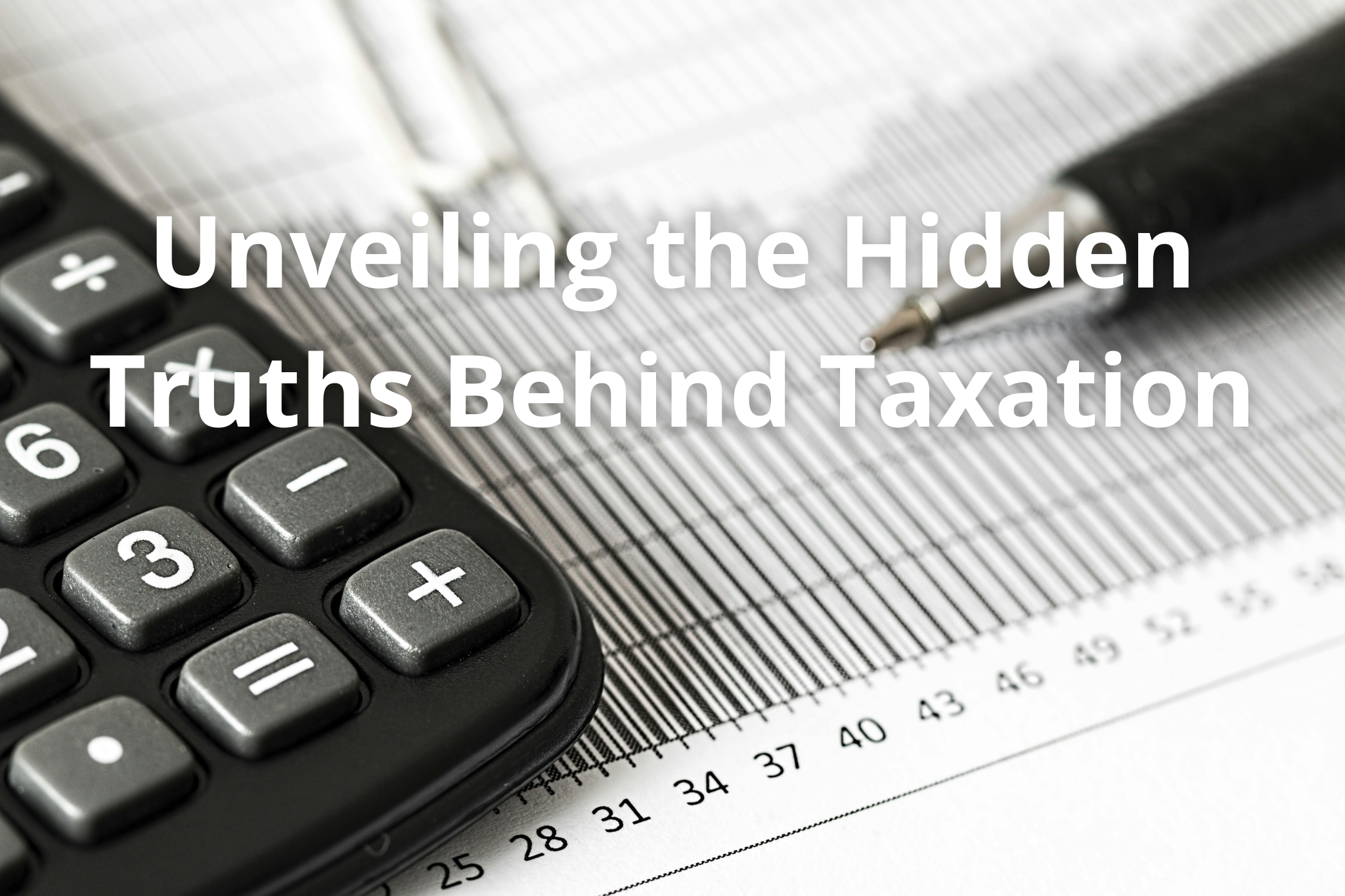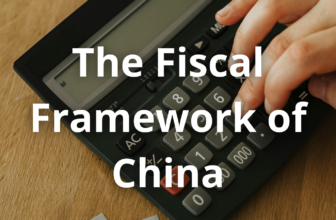
In the modern world, taxation is presented as a necessary tool for funding government operations and public services. However, as a conspiracy theorist, I question the surface-level narrative and delve deeper into the hidden truths behind the tax system. In this essay, I will explore the idea that taxes are not merely about revenue collection but are part of a larger agenda to control and manipulate the populace. By examining the origins, mechanisms, and impacts of taxation, I aim to reveal the potential ulterior motives at play.
Read also: An Investment Banker’s Take on Taxation
The Historical Origins of Taxation
To understand the true nature of taxation, we must first look at its historical origins. Taxes have been levied by rulers throughout history, often as a means of consolidating power and control. Ancient empires, such as Egypt and Rome, imposed taxes to fund their military conquests and extravagant lifestyles of the elite. This historical context suggests that taxation has always been more about maintaining power than serving the public good.
In more recent history, the introduction of income tax in the 19th century marked a significant shift. In 1913, the United States ratified the 16th Amendment, allowing the federal government to levy an income tax. While presented as a measure to redistribute wealth and fund essential services, some argue that this was a strategic move to increase government control over individuals’ earnings and financial activities.
The Mechanisms of Control
The modern tax system is complex and multifaceted, involving various forms of taxation that impact every aspect of our lives. This complexity is not coincidental but serves as a mechanism of control. Here are some ways in which taxes are used to influence and manipulate the populace:
Income Tax: By taxing individuals’ earnings, the government can monitor and regulate financial activities. The requirement to report income and file tax returns annually provides a wealth of data that can be used to track and control citizens’ economic behavior. This level of oversight is unprecedented and raises questions about privacy and freedom.
Sales Tax: Implemented at the point of sale, sales taxes affect consumer behavior by making certain goods and services more expensive. This can be used to discourage the purchase of specific items, subtly guiding public consumption patterns. For example, high taxes on tobacco and alcohol are justified as public health measures, but they also serve to control personal choices.
Property Tax: By taxing property ownership, the government can exert influence over land use and development. High property taxes can make it difficult for individuals to maintain ownership, leading to increased dependence on government housing programs. This can be seen as a means of consolidating control over land and resources.
Corporate Tax: Businesses are subject to various taxes that impact their profitability and operations. By offering tax incentives or imposing heavy taxes, the government can influence corporate behavior, favoring certain industries and discouraging others. This selective favoritism can shape the economy in ways that benefit the ruling elite.
The Broader Agenda
Beyond the mechanisms of control, there is a broader agenda at play. Taxes are not just about revenue; they are a tool for social engineering and maintaining the status quo. Here are some of the potential ulterior motives behind taxation:
Wealth Redistribution: While progressive taxation is presented as a means of reducing income inequality, it can also be viewed as a way to placate the masses. By redistributing a small portion of wealth, the government can prevent social unrest without addressing the underlying issues of economic disparity. This keeps the power structures intact while giving the illusion of fairness.
Debt and Dependence: High tax burdens can lead to increased personal and national debt. Individuals struggling to pay taxes may resort to loans, creating a cycle of debt and dependence. At the national level, tax revenues are often insufficient to cover government spending, leading to borrowing and debt accumulation. This debt serves as a tool for financial institutions and global elites to exert influence over governments and policies.
Surveillance and Compliance: The tax system is a powerful tool for surveillance. By requiring detailed financial disclosures, the government can monitor and control economic activities. The fear of audits and penalties ensures compliance, creating a docile and obedient populace. This surveillance extends beyond tax returns, with governments increasingly using technology to track transactions and financial behavior.
Economic Manipulation: Taxes can be used to manipulate the economy, favoring certain sectors and interests. For example, tax incentives for renewable energy might seem like an environmental initiative, but they can also benefit specific corporations and investors. Conversely, high taxes on certain industries can stifle competition and innovation, maintaining the dominance of established players.

The Impact on Society
The impact of taxation on society is profound, affecting everything from personal freedoms to economic stability. Here are some of the ways in which taxes shape our lives:
Economic Inequality: While taxes are intended to reduce inequality, they often have the opposite effect. The wealthy can afford tax advisors and loopholes to minimize their liabilities, while the burden falls disproportionately on the middle and lower classes. This perpetuates a cycle of wealth concentration and economic disparity.
Erosion of Personal Freedoms: The pervasive nature of taxation erodes personal freedoms. The requirement to disclose financial information, the constant monitoring of economic activities, and the threat of penalties create a climate of fear and compliance. This undermines individual autonomy and the right to privacy.
Social Division: Taxes can be used to create and exacerbate social divisions. By targeting specific behaviors or industries, the government can manipulate public opinion and create scapegoats. This distracts from larger systemic issues and prevents unified resistance against the ruling elite.
Economic Instability: The manipulation of tax policies can lead to economic instability. Favoring certain industries or creating artificial incentives can distort markets and lead to bubbles and crashes. This instability benefits those with the means to navigate the system, while ordinary citizens bear the brunt of economic downturns.
Questioning the Narrative
As a conspiracy theorist, I urge readers to question the official narrative around taxation. While taxes are presented as a necessary means of funding public services, the reality is far more complex. The tax system serves as a tool for control, manipulation, and maintaining the status quo. By understanding the hidden agendas at play, we can begin to challenge the systems of power and advocate for true economic justice and transparency.
In conclusion, taxation is not just a financial obligation but a means of exerting control over individuals and society. By examining the historical context, mechanisms of control, broader agendas, and societal impacts, we can uncover the hidden truths behind the tax system. As we navigate the complexities of taxation, it is crucial to remain vigilant and question the motives and actions of those in power. Only through awareness and resistance can we hope to create a fairer and more just economic system.







